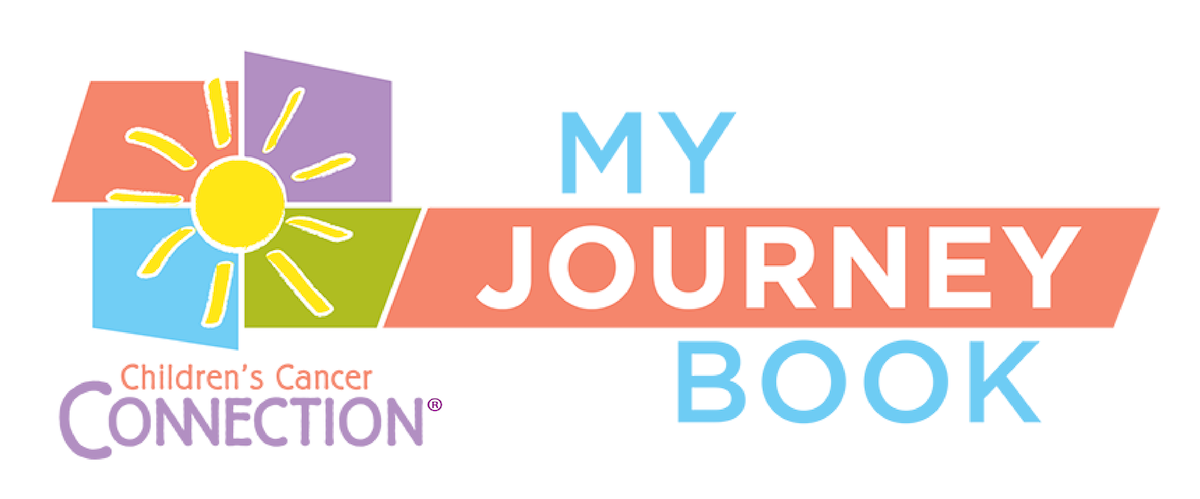Call Your Doctor if Your Child Has
- Fever. Check your child’s temperature any time he/she is warm to the touch, shivering, or just not feeling well. Call if your child’s temperature is 100.4° F (38.0° C) or above.
- Tell the doctor or nurse the actual temperature shown on the thermometer and how you took it
- Never give your child Tylenol® for a fever unless instructed by your child’s doctor
- The doctor will determine the next step based on your current therapy, blood counts and risks
- Shivering and fever, especially after the central line or port is flushed
- Redness, warmth, swelling and/or pain at any break in the skin — you may or may not see drainage (pus)
- Sores in the rectal area
- Very bad headaches and/or a very bad cough
- Pain or burning with urination (peeing) or feelings of having to urinate often
- Constant headache and/or stiff neck and fever, especially if your child is having spinal taps done
- Exposure to chicken pox, shingles, measles, mumps, rubella or hepatitis
- Signs of chicken pox, shingles or cold sores
- Bleeding that is not normal
- Bleeding that cannot be stopped after 5 to 20 minutes of pressure
- Easy or bad bruising or petechiae (small spots due to bleeding in the skin) not due to trauma
- Signs of internal bleeding, such as blood in the urine, in stool (poop) or in vomit (throw up)
- A headache that does not get better with Tylenol®, especially if your child becomes more sleepy or hard to wake up
- Heavier or longer-than-normal menstrual bleeding or passing large clots
- Very pale cheeks and lips
- Severe tiredness or lack of energy
- Extreme irritability
- Complaints of dizziness, headaches, heart pounding or shortness of breath with light activity
- Nausea and vomiting that last longer than 8 hours
- Inability to keep liquids down
- No or very little urine after 8 hours; urine is dark yellow or foul-smelling
- Diarrhea stools (poop)
- 1 or more an hour for 4 hours
- 5 large, watery stools in 24 hours
- Crying with no tears
- Dry mouth and lips
- Extreme weaknesses and sleepiness
- Rash or hives over any part of the body; call first — do not bring them right to the clinic
- Shortness or breath or wheezing
- Redness or swelling at injection sites
- Very bad stomach pain after vomiting forcefully or in the early morning, or having green vomit (bile)
- Very bad stomach pain or a swollen abdomen
- Vomiting any chemotherapy medicine
- Inability to keep prescribed medicines down 2 times in a row
- Very bad mouth sores that make it hard for your child to drink
- Very bad constipation: 3 days with no stools after taking a laxative
- Very bad sunburn
- Pain, redness or blister at the site where chemotherapy was given
- Any pain that does not get better after taking Tylenol® or prescribed pain medicines
- Always check your child’s temperature before giving Tylenol®. Never give Tylenol® if your child has a fever.
